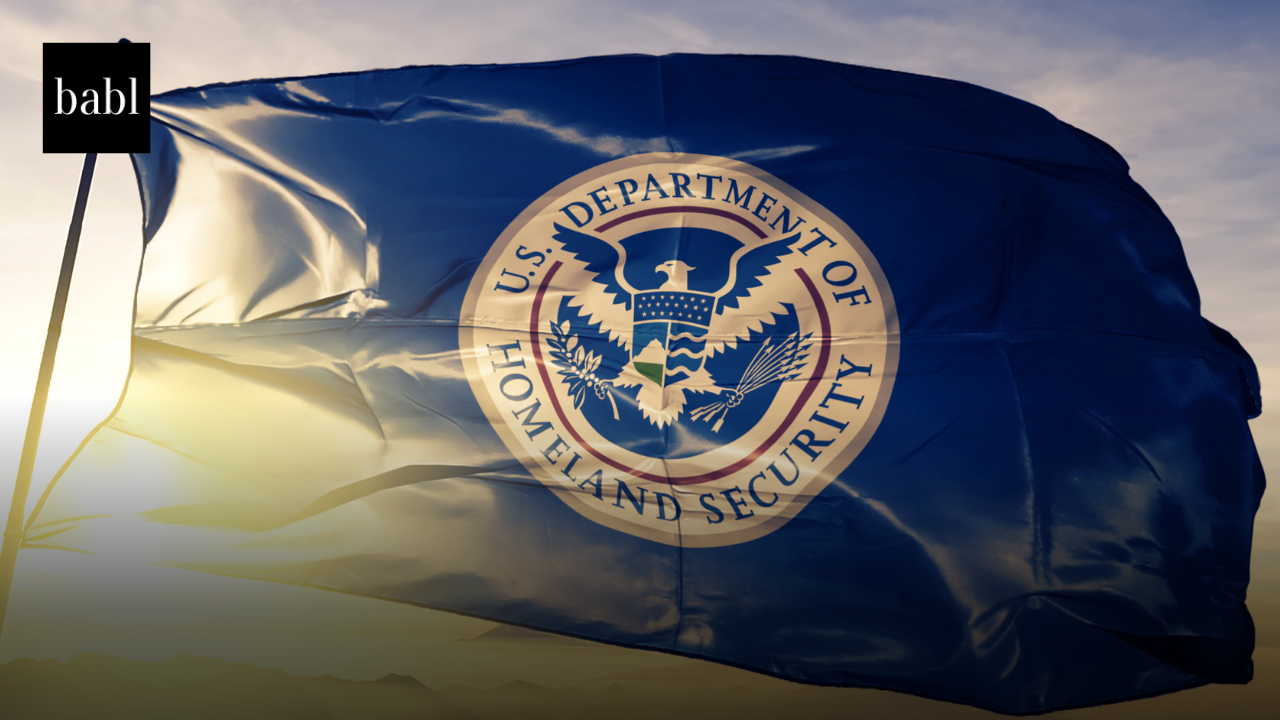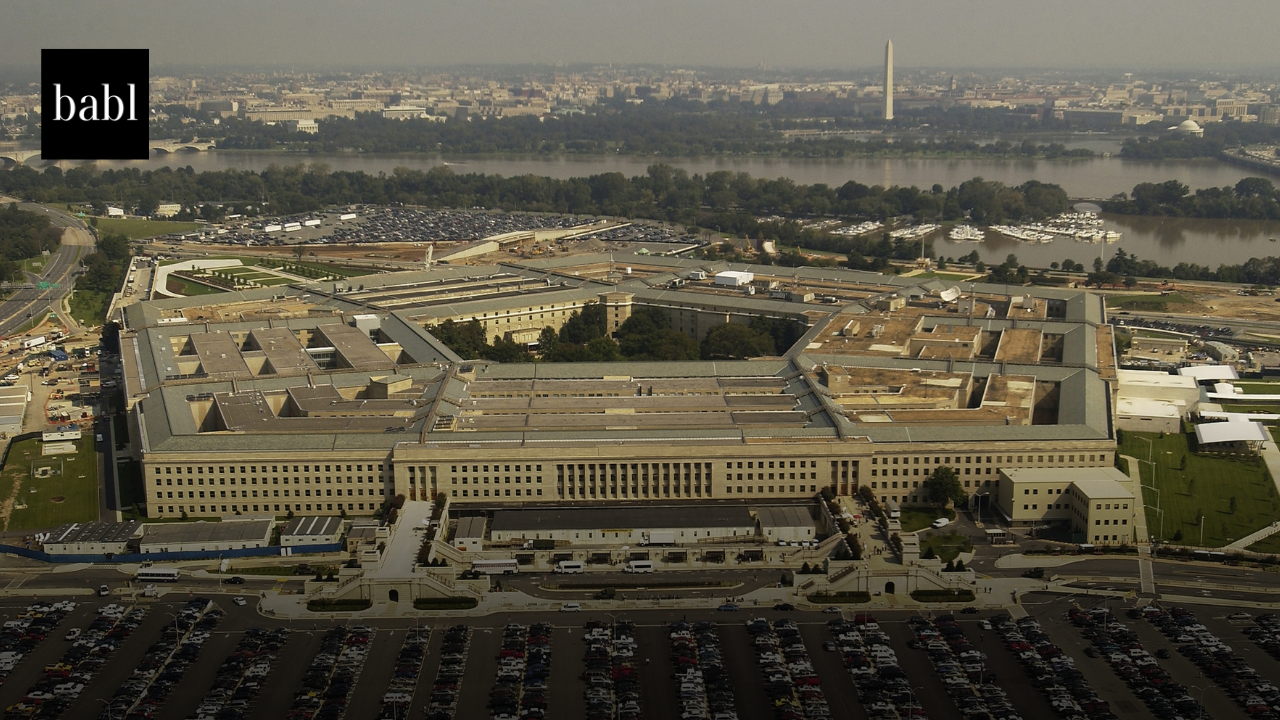UPDATE — AUGUST 2025: President Joe Biden’s Executive Order 14110, “Safe, Secure, and Trustworthy Development and Use of Artificial Intelligence,” which guided many of the Department of Homeland Security’s AI initiatives detailed below, was revoked on January 20, 2025, by President Donald Trump under Executive Order 14148. Some programs created under EO 14110 remain active, including DHS’s AI pilots, workforce hiring, and governance boards. However, their scope and reporting requirements are currently under review as the new administration redefines federal AI policy.
ORIGINAL NEWS STORY:
DHS Marks 270 Days Since President Biden’s AI Executive Order with Key Developments
It’s been a little over 270 days since U.S. President Joe Biden issued Executive Order (EO) 14110, titled “Safe, Secure, and Trustworthy Development and Use of Artificial Intelligence.” This landmark directive ensures that the United States remains at the forefront of AI innovation while addressing the associated risks. The Department of Homeland Security (DHS) has taken significant strides in this direction, adhering to principles that prioritize civil rights, civil liberties, and privacy, and enhancing its engagement with affected communities.
One of the major developments includes a new AI pilot conducted by the Cybersecurity and Infrastructure Security Agency (CISA). This pilot aimed to identify and combat vulnerabilities in critical U.S. government software, systems, and networks using AI capabilities. The study explored whether AI-enhanced vulnerability detection tools are more effective than traditional methods. The findings revealed that AI tools currently serve best as supplements to existing tools rather than replacements. CISA plans to continue monitoring and testing AI tools to maintain state-of-the-art vulnerability detection capabilities.
In addition to domestic efforts, DHS has developed an AI International Engagement Plan to collaborate with international allies and partners, including Canada, Mexico, the European Union, and Five Eyes partners. This strategy focuses on cybersecurity and transnational infrastructure, emphasizing the importance of sharing lessons learned, threat information, and identifying collaborative opportunities and risks. The engagement plan supports the Biden-Harris Administration’s AI contact group of nations and other multilateral efforts, aiming to enhance collective security against AI-related threats.
Building an AI-Ready Workforce
The department’s AI Corps hiring initiative represents a major step in developing technical expertise across DHS. The first group of 15 AI specialists—drawn from both public and private sectors—has already begun work. These professionals are helping deploy AI across areas such as supply chain resilience, system testing, and criminal network analysis. DHS plans to expand the AI Corps to 50 experts in the coming years. In addition, the Office of Partnership and Engagement has appointed a Senior Director for Artificial Intelligence to coordinate AI adoption throughout the department.
Establishing the AI Safety and Security Board
Secretary Alejandro Mayorkas created the AI Safety and Security Board (AISSB) to provide oversight and expert recommendations on AI deployment. The board includes representatives from industry, infrastructure, and civil rights groups. Since its first meeting in May 2024, the board has focused on setting safety standards, addressing governance gaps, and promoting trustworthy AI. Its guidance aims to ensure that innovation proceeds responsibly while upholding public confidence.
Protecting Civil Rights and Privacy
DHS continues to prioritize civil rights and privacy in its AI strategy. The Office for Civil Rights and Civil Liberties (CRCL), working with the DHS Privacy Office, oversees risk assessments and reviews AI programs to prevent potential harm. In March 2024, DHS released its AI Roadmap, a comprehensive plan outlining how the agency will test and apply AI tools to strengthen homeland security while protecting individual rights.
Stakeholder Engagement and Transparency
Engagement with external stakeholders remains central to DHS’s approach. The department has met with 16 organizations—including civil rights groups, universities, and industry associations—to gather feedback on its AI Roadmap. Secretary Mayorkas has stressed that collaboration with the public and private sectors will remain vital to ensuring that AI systems are deployed responsibly and transparently across all DHS missions.
Need Help?
If you have questions or concerns about how to navigate the U.S. and global AI regulatory landscape, don’t hesitate to reach out to BABL AI. Their Audit Experts can offer valuable insight, and ensure you’re informed and compliant.





